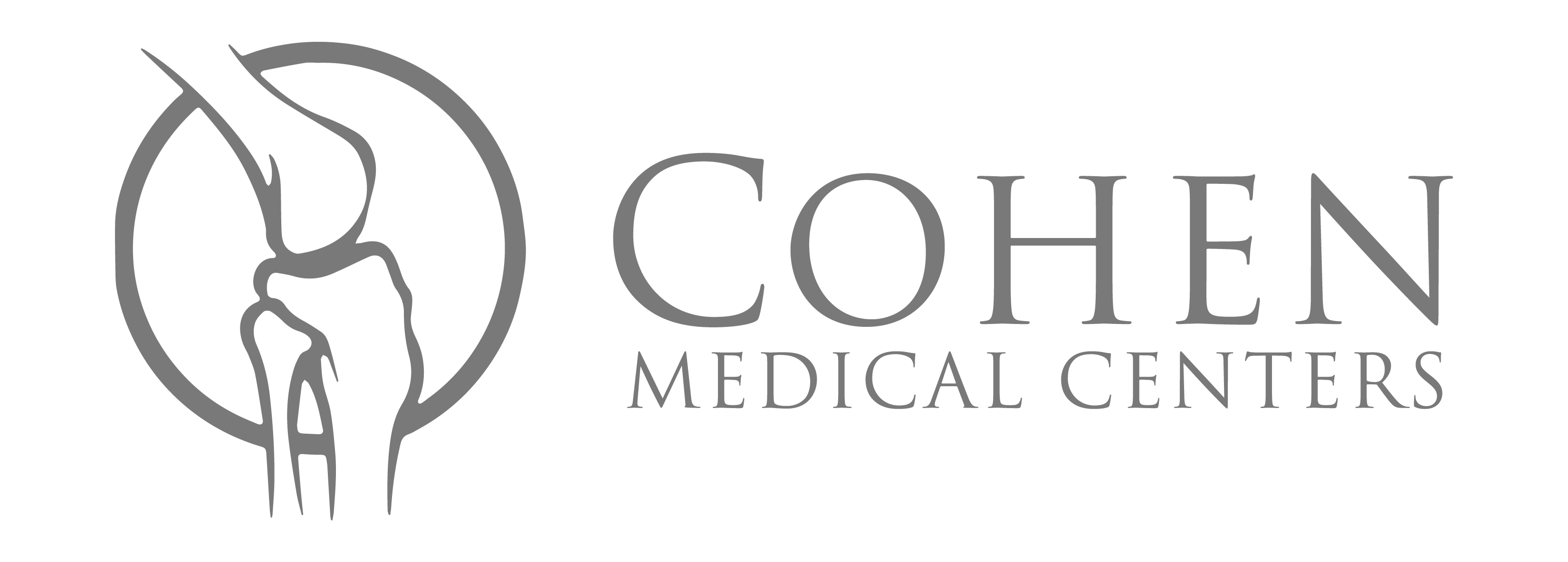Osteoarthritis, also known as degenerative joint disease, is the most common form of arthritis in the United States, affecting more than 20 million Americans. Osteoarthritis has been generally thought of as a “wear and tear” condition on joints that only affects elderly individuals. In reality, this disease can occur in younger men and women as well, especially if prior joint damage has occurred through trauma.
What Are the Symptoms of Osteoarthritis?
Symptoms may start with occasional pains in weight-bearing joints such as the hip, knee, lower back, and neck, but can also affect joints that are overused, like the finger and base of the thumb. The first stage of osteoarthritis is characterized by a loss of cartilage. This, in turn, leads to decreased cushioning of the joint and eventual bone-on-bone rubbing. Osteoarthritis can produce the following symptoms:
- Mild to severe pain in a joint, especially after overuse or long periods of inactivity, such as sitting or sleeping
- A grinding or grating sensation in the joint
- Swelling, stiffness, limited movement of the joint, especially in the mornings
- Weakness in muscles around the joint caused by lack of use
- Deformity of the joint
In the process of trying to heal the damage, the cartilage cells, known as chondrocytes, attempt to repair the cartilage loss. This repair is done haphazardly and does not compare in strength or elasticity with the original cartilage. If untreated, there can be ongoing thinning of cartilage and overgrowth of bone, called bone spurs. Eventually, the cartilage that cushions the ends of the bones can be completely gone. This late stage of osteoarthritis usually causes pain with mobility and the joint may develop deformities.

How Is Osteoarthritis Treated?
If you are referred to a rheumatologist for evaluation and treatment of possible osteoarthritis, a history and complete physical exam will be performed to determine the cause of the problem. X-rays will usually be needed to confirm the type of arthritis and its severity. Fluid may be withdrawn from joints with excessive swelling to help establish a diagnosis. Sometimes, more sophisticated tests like an MRI may be needed.
Early intervention is key in starting a comprehensive program. The major goal is to keep patients functioning. With early treatment and awareness, surgery may be avoided.
Treatment is multifaceted to decrease pain, improve joint mobility and prevent future progression of osteoarthritis. The following interventions may be used:
- Weight reduction
- An ongoing exercise program to conserve joint mobility and improve muscle strength
- Nutritional supplementation
- Pain and anti-inflammatory medications
- Joint injections to control pain
By instituting treatment with multiple different modalities, the ability to continue an active lifestyle with the lowest level of discomfort is possible.
Who Is at Risk for Osteoarthritis?
There is a strong genetic influence in developing osteoarthritis, especially among females. Trauma or surgery to the joint cartilage may be an early focus of osteoarthritis. For example, surgical treatments, like complete meniscectomy, or removal of the meniscus from the knee, can lead to early osteoarthritis. Also, obesity can predispose an individual to the early development of this disease in the knees and hips.
What Are the Symptoms?
Signs of osteoarthritis include asymmetry, or different joints affecting different sides of the body.
Osteoarthritis may involve one knee or a finger joint. Typical joints affected include the hips, knees, fingers, bases of the thumb, low back and neck. Less common joints are the wrists, elbows, shoulders and ankles. If these joints are affected it may be indicative of other problems occurring.
Sometimes joints can “flare” with increased swelling and pain. This may be a sign that the condition is worsening or another arthritic condition is occurring concomitantly, like gout, pseudogout or a superimposed joint infection. Regardless of the cause, a severity in symptoms requires prompt attention by a physician experienced in treating arthritis.
Warning signs to alert a patient of possible degenerative joint disease include:
- Relatives with osteoarthritis
- History of injury to a joint
- History of surgery on a weight bearing joint
- Obesity
- Pain, stiffness or swelling, especially after inactivity


Treatment for Osteoarthritis In Thousand Oaks
If your joints are bothering you, you may have osteoarthritis. You don’t have to endure another day alone. Offering his patients the most up to date and efficacious treatments, Dr. Cohen and his talented team at Cohen Medical Centers are ready to help you feel like yourself again.
To learn more about osteoarthritis treatment in Ventura County, simply call us at (805) 449-8781 to schedule your consultation.
